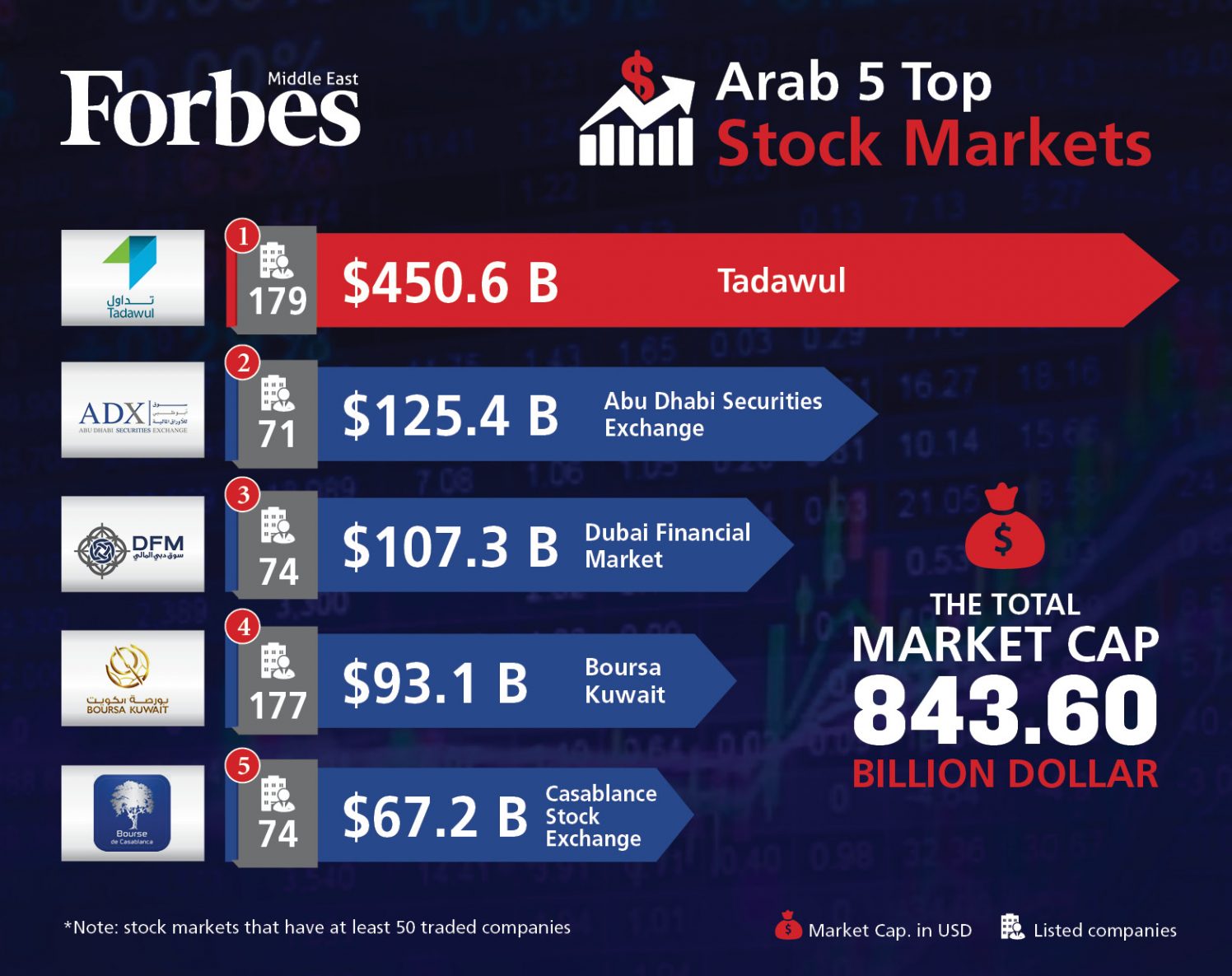The market capitalization of Arab stock exchanges reached a record high of $4. 36 trillion at the close of April 2024, according to the latest data from the Arab Monetary Fund (AMF). This significant milestone reflects a period of sustained growth for the region's bourses, buoyed by a confluence of positive factors.
Leading the pack is the Saudi Stock Exchange (Tadawul), boasting a market value of $2. 87 trillion. This dominance can be attributed to the continued strength of the Saudi economy, fueled by high oil prices and ambitious government diversification plans. The Abu Dhabi Securities Exchange (ADX) also witnessed impressive growth, reaching a market capitalization of $754. 7 billion. This surge is likely linked to ongoing economic reforms in the Emirate, coupled with a focus on attracting foreign investment.
Beyond the Gulf giants, other regional markets also displayed positive momentum. The Qatar Stock Exchange (QE) saw its market value climb to $155. 4 billion, potentially benefiting from rising global energy demand. Similarly, the Kuwait Stock Exchange (Bourse Kuwait) reached a market capitalization of $135. 6 billion, with the country's strategic location and strong financial sector acting as key drivers.
Stock exchanges in North Africa also experienced growth, albeit at a more moderate pace. The Casablanca Stock Exchange (Casablanca Stock Exchange) in Morocco reached a market value of $68. 9 billion, while the Egyptian Exchange (EGX) stood at $34. 9 billion. These markets continue to attract investor interest due to their large and growing domestic populations, offering promising long-term prospects.
The AMF report also highlighted the contributions of smaller Arab bourses. The Muscat Stock Exchange (MSE) in Oman displayed a market capitalization of $63. 2 billion, while the Amman Stock Exchange (ASE) in Jordan reached $23. 4 billion. These markets are increasingly attracting investment due to their focus on specific sectors and their potential for future development.
However, some regional exchanges continue to navigate challenges. The Beirut Stock Exchange (BSE) in Lebanon, grappling with the country's ongoing economic crisis, saw a market capitalization of $17. 2 billion. Similarly, the Damascus Stock Exchange (DSE) in Syria, facing ongoing geopolitical tensions, reached a market value of $5. 9 billion.
Despite these localized hurdles, the overall outlook for Arab stock markets remains optimistic. The region's strategic location, abundant natural resources, and growing economies continue to attract investor interest. Additionally, ongoing government reforms aimed at improving market transparency and regulatory frameworks are further enhancing investor confidence.
The AMF's report underscores the increasing prominence of Arab stock markets on the global investment landscape. As the region continues to develop and diversify its economies, its bourses are poised to play a key role in attracting capital and fueling further growth.

